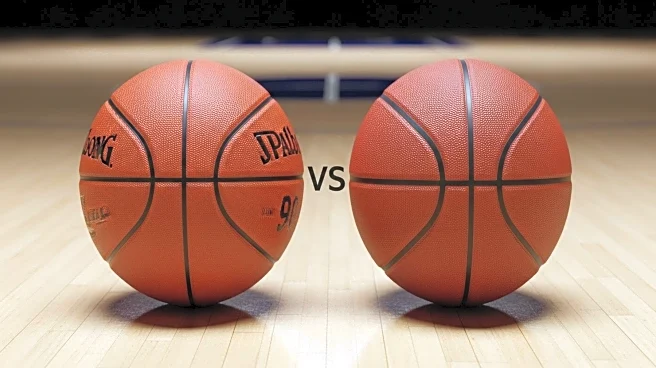What's Happening?
Hall of Fame Chicago Bulls small forward Scottie Pippen recently shared his thoughts on a hypothetical NBA Finals series between the 1995-96 Chicago Bulls and the 2016 Golden State Warriors. Pippen highlighted the differences in the NBA's physicality and rules between the two eras, noting that the game has evolved to focus more on offense. He emphasized that the Bulls played in a tougher era with more physical defense, while today's game promotes scoring and three-point shooting. Pippen believes that under the 1990s rules, the Bulls would have an advantage due to their defensive prowess, but acknowledged the Warriors' strength in shooting under current rules.
Why It's Important?
This discussion underscores the evolution of basketball from a defense-oriented game to one that prioritizes offense and scoring. The comparison between these two legendary teams highlights the impact of rule changes on the style of play and player performance. The debate also reflects broader trends in sports where historical teams are often compared to modern ones, providing insights into how the game has changed over time. Fans and analysts can gain a deeper understanding of the strategic shifts in basketball and the implications for player development and team dynamics.
What's Next?
While this hypothetical matchup remains a topic of debate, it could spark further discussions among fans and analysts about the greatest teams in NBA history. The conversation may lead to more comparisons between past and present teams, influencing how future teams are built and how players are trained. Additionally, it may inspire documentaries or media content exploring the evolution of basketball and its iconic teams.
Beyond the Headlines
The discussion raises questions about the cultural and historical significance of basketball eras and how they shape the identity of teams and players. It also touches on the ethical considerations of comparing players across different eras, given the changes in rules and playing conditions. This debate could influence how basketball history is taught and appreciated, highlighting the importance of context in evaluating sports achievements.









